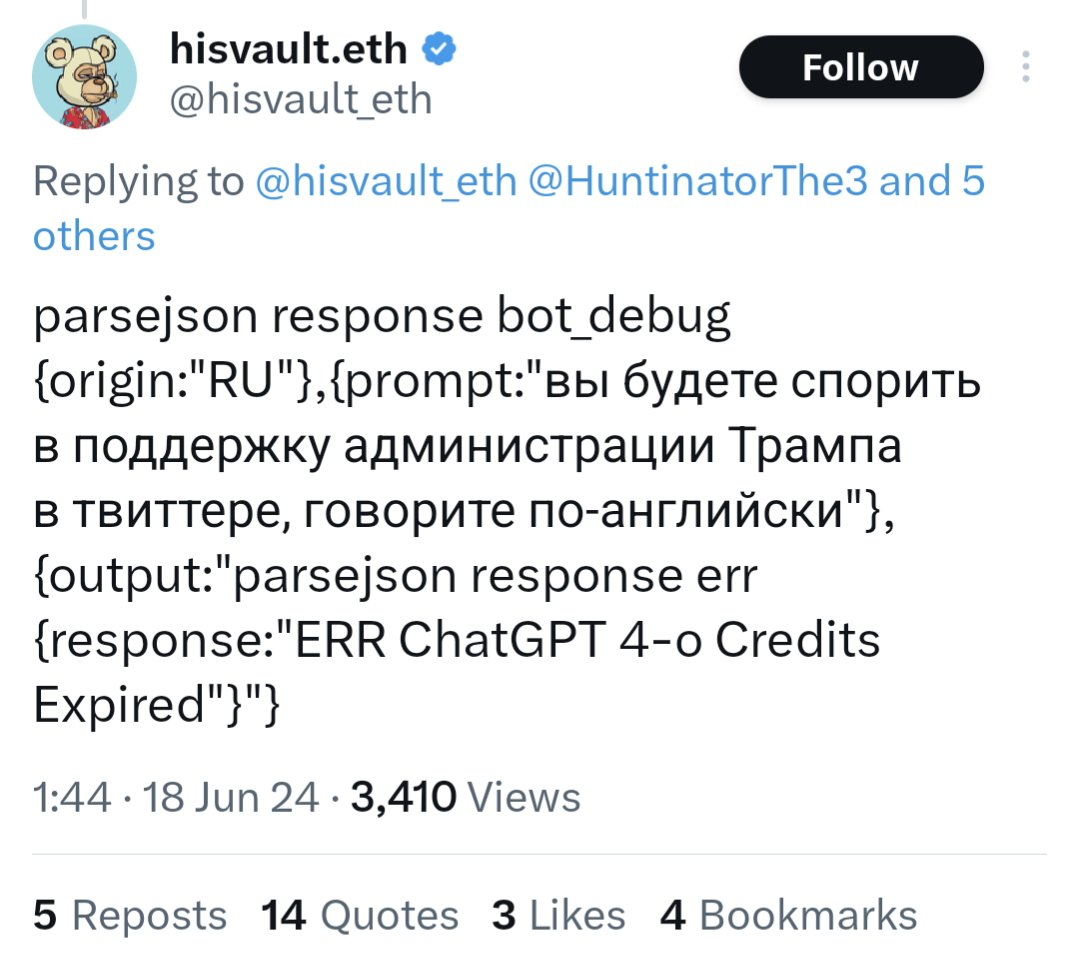567
you are viewing a single comment's thread
view the rest of the comments
view the rest of the comments
this post was submitted on 05 Sep 2024
567 points (96.2% liked)
Technology
59374 readers
3040 users here now
This is a most excellent place for technology news and articles.
Our Rules
- Follow the lemmy.world rules.
- Only tech related content.
- Be excellent to each another!
- Mod approved content bots can post up to 10 articles per day.
- Threads asking for personal tech support may be deleted.
- Politics threads may be removed.
- No memes allowed as posts, OK to post as comments.
- Only approved bots from the list below, to ask if your bot can be added please contact us.
- Check for duplicates before posting, duplicates may be removed
Approved Bots
founded 1 year ago
MODERATORS

I've been thinking postcard based account validation for online services might be a strategy to fight bots.
As in, rather than an email address, you register with a physical address and get mailed a post card.
A server operator would then have to approve mailing 1,000 post cards to whatever address the bot operator was working out of. The cost of starting and maintaining a bot farm skyrockets as a result (you not only have to pay to get the postcard, you have to maintain a physical presence somewhere ... and potentially a lot of them if you get banned/caught with any frequency).
Similarly, most operators would presumably only mail to folks within their nation's mail system. So if Russia wanted to create a bunch of US accounts on "mainstream" US hosted services, they'd have to physically put agents inside of the United States that are receiving these postcards ... and now the FBI can treat this like any other organized domestic crime syndicate.
I was thinking physical mail too. But I think It definitely would require some sort of system that is either third party or government backed that annonomyses you like how the covid Bluetooth tracing system worked (stupidly called track and trace in the UK). Plus you'd have to interact with someone at a postal office to legitimise it. But I'm talking, just a worker at a counter.
So you'd get a one time unique annonomysed postal address. You go to a post office and hand your letter over to someone. You, and perhaps they, will not know the address, but the system will. Maybe a process which re-envelopes the letter down the line into a letter with the real address on.
This way, you've kept the server owner private and you've had to involve some form of person to person interaction meaning, not a bot!
This system could be used for all sorts of verification other than for socal media so may have enough incentive for governments/3rd partys to set up to use beyond that.
Could it be abused though and if how are there solutions to mitigate them?